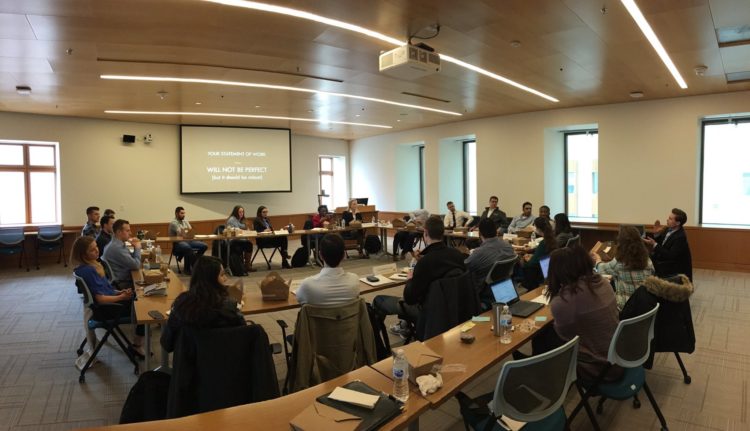Anjan Thakor is an economist with purpose—and the business world is catching on. Thakor’s research covers wide ground, from corporate finance to banking and corporate governance. However, the John E Simon Professor of Finance’s most recent endeavor got more personal: How can an organization connect its employees to its overall purpose, encouraging them to dive in and give their all along the way?
Along with Robert E. Quinn, professor emeritus at the University of Michigan’s Ross School of Business, Thakor’s wisdom is featured on the cover of the Harvard Business Review’s July-August edition.
Thakor and Quinn begin by introducing readers to Gerry Anderson, president of DTE Energy, who struggled to engage his employees following the Great Recession of 2008. Having been taught that good economics mean treating employees first by their own self interest, Anderson was reluctant to use empty rhetoric about meaning—much like many firm leaders Thakor and Quinn investigated.
However, the researchers tell, a shift in focus that challenged employees to embrace purpose turned out to be a major success. Thakor and Quinn’s research seeks to provide a framework company leaders can use to develop, embrace, and implement a purpose that drives their organization.

Thakor
The biggest problem Thakor and Quinn find is that the companies they consult for wait until a point of crisis to find a company purpose. Encouraging a break from the “cynical ‘transactional’ view of employee motivation,” though, can be taken at any time—the sooner, the better. The researchers set up an eight-step process for finding, implementing, and connecting a purpose for employees—one that includes such steps as “envision an inspired workforce,” “recognize the need for authenticity,” and “connect the people to the purpose.”
The most important theme that runs through these eight steps? Be authentic, real, and passionate. Thakor and Quinn have seen companies thrive and fail—and they know the perils of a haphazard campaign based on feel-good words and uninspired drivel. Purpose, for them, is something entirely different. It’s a sense of passion—a vision for a corporation that inspires employees, turns them into leaders, and treats them as intelligent, autonomous human beings.
The work Thakor and Quinn are asking companies to undertake is not easy—it’s part of a process that involves humility, openness, and risk. But these researchers believe in the beauty of an impassioned, purpose-driven company—and they’re hoping to change the business world, for good.
Update 7/25/2018: Thakor and Quinn were interviewed, along with DTE Energy CEO Gerry Anderson, for the HBR Podcast on turning purpose into competitive, profitable performance. Listen to their conversation.


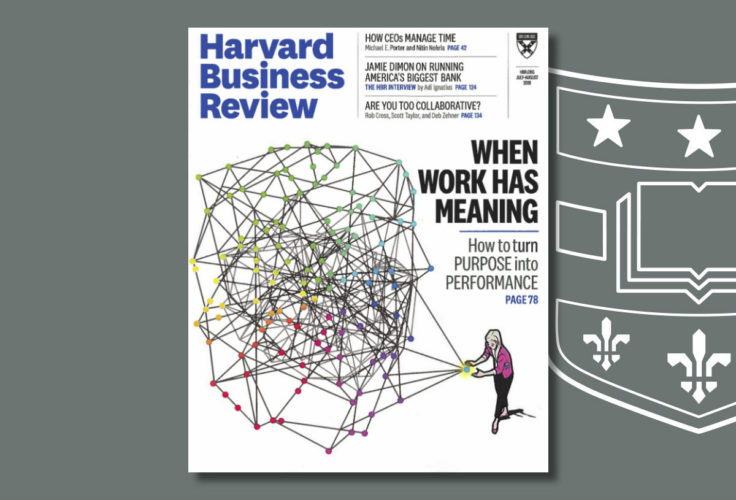
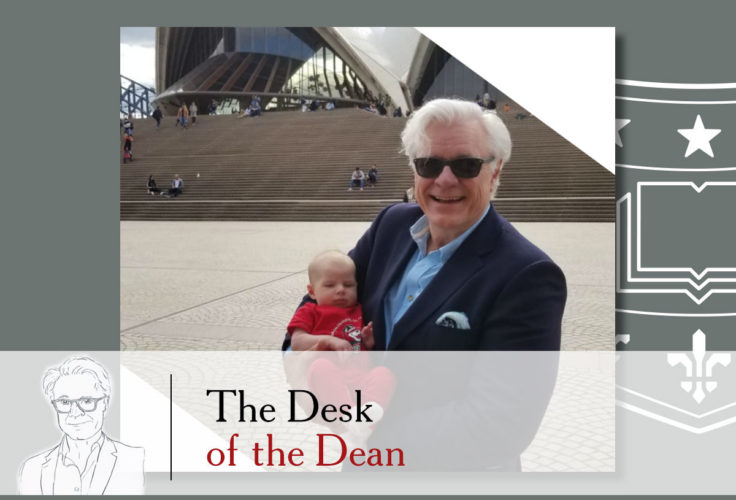
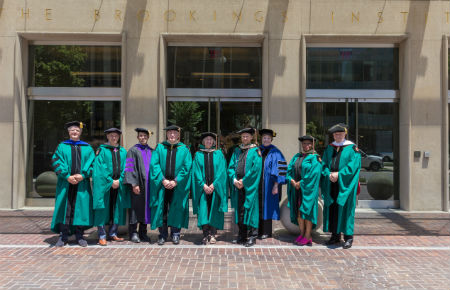
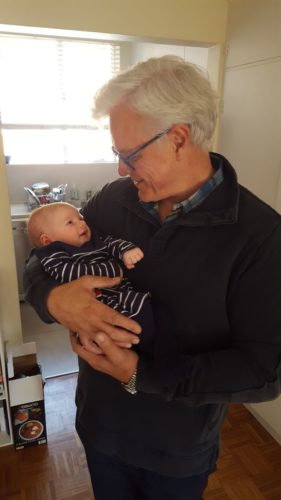

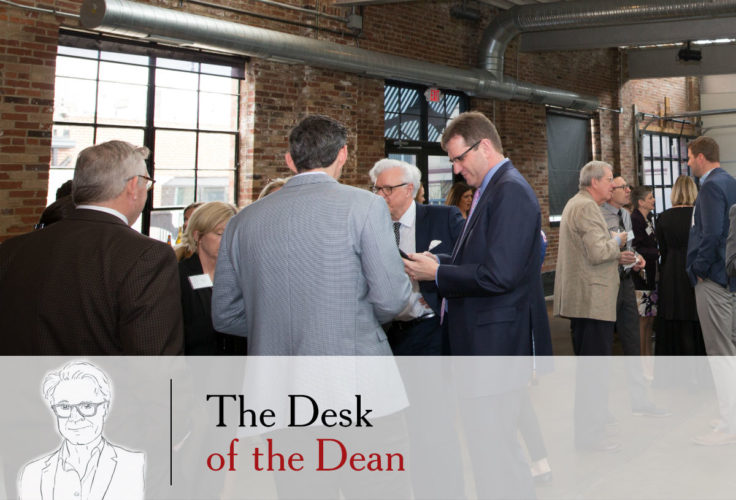
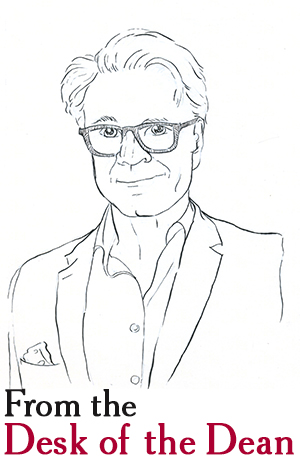 Welcome to the debut of “The Desk of the Dean,” a monthly feature of the Olin Blog by Dean Mark P. Taylor. This column will appear on the first Wednesday of each month.
Welcome to the debut of “The Desk of the Dean,” a monthly feature of the Olin Blog by Dean Mark P. Taylor. This column will appear on the first Wednesday of each month.